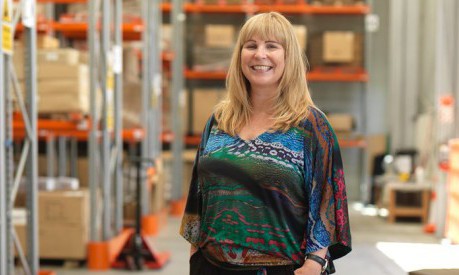With the future welfare and prosperity of our nation dependent on the effective education of our next generation, denying the reality of hardship or poverty in New Zealand is futile and self defeating.
While official inflation is under control, housing costs have increased at twice the rate of wages and other incomes. With many families spending more than 60 per cent of their income on rent or mortgage payments.
Not enough remains for food and other essentials such as transport, clothing and health costs.
Despite recent improvements in the economy the latest figures released by the Office of the Children’s Commissioner, show there are still 305,000 (2 in 5) Kiwi kids living in hardship.
No matter how poverty is defined, increasing numbers of our children belong to families who are poor by New Zealand standards.
There are real concerns about the standard of nutrition these children receive, evidence they miss out on adequate health care, and are also not making the most of educational opportunities.
Financial hardship places enormous pressure on family life and affects the emotional well-being of both the parents and the children, so they are often not able to make the best choices.
While some sideline critics are obsessed with questioning how hardship in New Zealand is measured and argue that it is all the fault of the parents, there are children going without who just wish they were equal with their peers.
When people compare conditions here to those in third world countries and say “that’s where the real poverty is”, they are effectively saying that because some countries are worse than New Zealand children who are deprived here should just be bloody grateful.
It is not a competition. We are not a Third World country and therefore we should not have children contracting Third World illnesses, and unsure of where and when their next meal will come from. Continue reading
- Julie Chapman is CEO of the KidsCan Charitable Trust. This article was published in the Dominion Post.
News category: Analysis and Comment.




